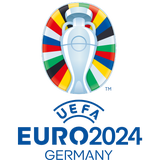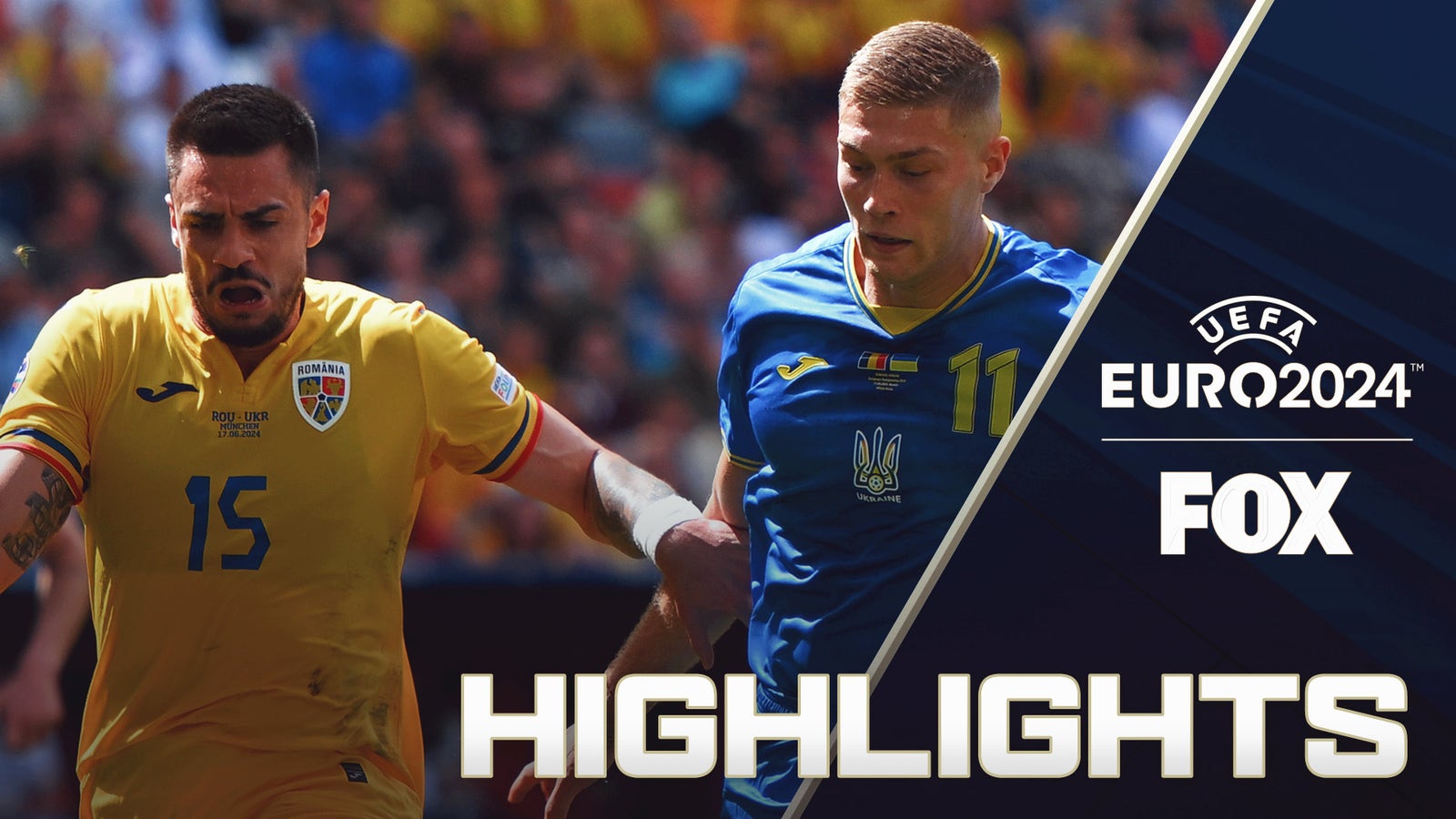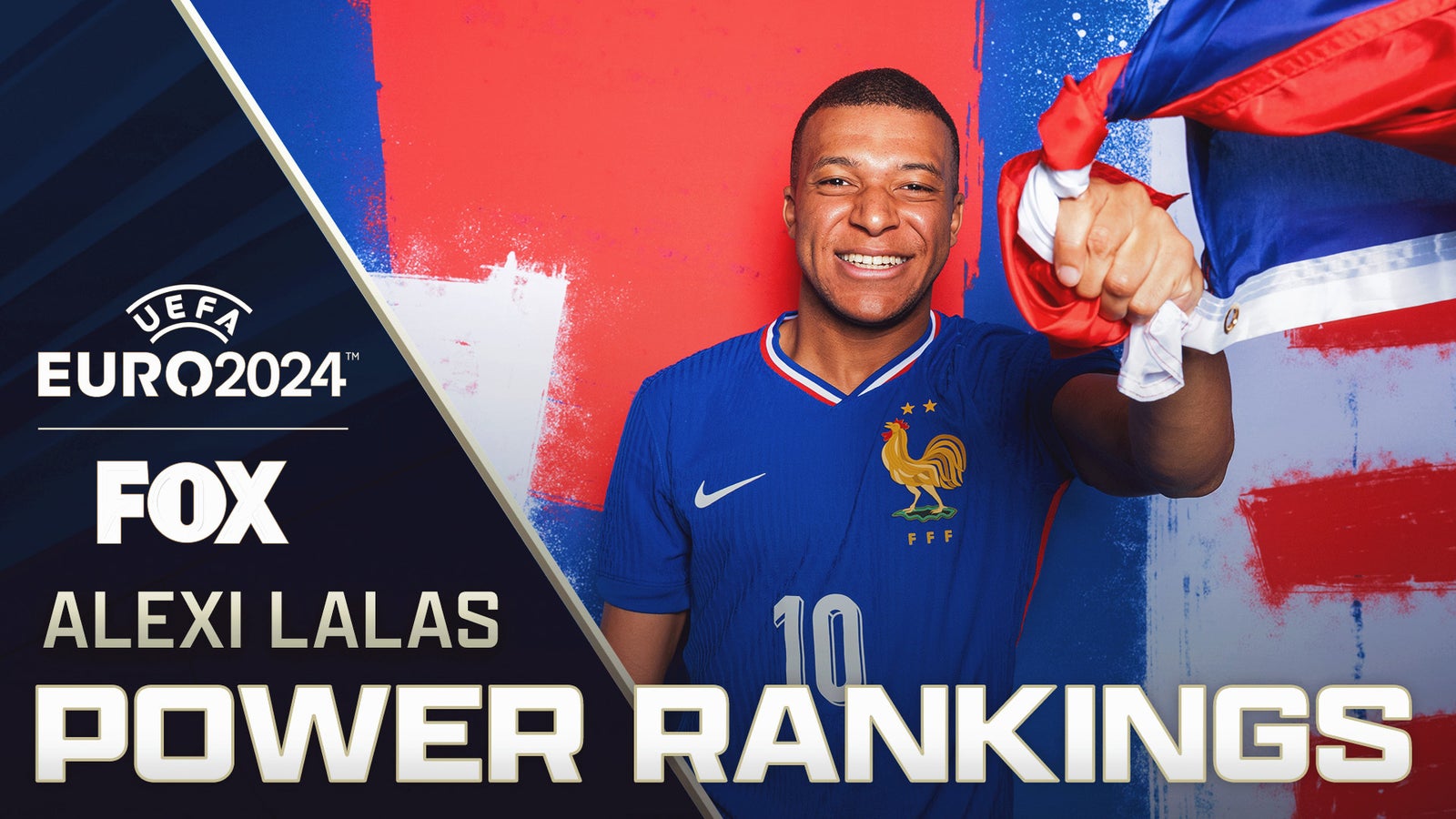It took less than 10 minutes into the opening game of Euro 2024 for the opening goal to be scored — and it hasn’t slowed down much from there.
In terms of frenetic play, attacking intent and especially early shots fired, the initial stages of the tournament have packed a serious punch. Most fans will hope that trend continues.
From the moment Florian Wirtz struck the opener for Germany against Scotland on the night of June 14, the message has been clear. Offensive bravery and clever creativity are being swiftly rewarded, both factors that point towards an exhilarating tournament.
“We wanted to make a statement,” Wirtz told reporters, when asked about the way he kicked off a 5-1 rout.
“We wanted to start quickly and make an impression on the game,” said Spain’s Fabian Ruiz, one of his team’s scorers as it went 3-0 up on Croatia by halftime, and held that advantage.
“It was an unbelievable start, it made everything else feel possible,” said Switzerland’s Kwadwo Duah, whose 12th minute effort delivered the first blow in a 3-1 win over Hungary.
Starting to see a theme here?
When Romania‘s Nicolae Stanciu struck against Ukraine after 29 minutes in Monday’s match, it meant that every one of the first eight games of the tournament had seen a goal within the first half-hour of action.
That represents a marked difference to previous times. In the first three Euros since the tournament expanded to eight teams in 1980 (it would later grow to 16, and then 24), we didn’t even get past the very first game before seeing a scoreless first half.
And in none of the tournaments since 1980 have we reached seven games without at least one 0-0 scoreline at the interval. The last time a World Cup saw first-half scoring in each of its first eight games was all the way back in 1958.
It may be too early to look at such things, but if the average of goals continues like this, it would also be a modern record. After Romania completed its 3-0 win on Monday, 25 goals from eight games is good for an average of 3.125.
Since the introduction of group stages to this event, no Euros has ever had more than three goals per game, with the Euro 2020 tournament representing a high mark of 2.78.
Some of the moments have been truly memorable, and for all the talk of a crowded club landscape leading to overtired players, those taking part seem decidedly energized.
Albania‘s Nedim Bajrani gave his country a magical start by firing in the fastest goal in Euros history in the first minute against Italy, before the defending champion launched into an ominous comeback.
Jude Bellingham‘s power header after 13 minutes for England confirmed his standing as the most in-form — and perhaps the outright best — player in the world right now, with an aggressive charge into the box and a header to match.
The smile of Switzerland‘s Duah, a player scarcely even on his national team’s radar a few months ago and playing his club soccer in Bulgaria, was a delight to behold.
“There is a lot of attacking intent at this tournament, and it is giving us entertaining football,” FOX analyst and former England forward Daniel Sturridge said on the television broadcast.
The highlight from Denmark’s 1-1 draw with Slovenia was the emotional moment of Christian Eriksen scoring — three years after collapsing on the field during the same tournament. However, the drama of the strike belied a specific intention from coach Kasper Hjulmand to hit Slovenia early before they’d had the chance to adapt to his team’s quick movement.
Poland was sharp against the Netherlands, with a tweaked formation necessitated by the absence of Robert Lewandowski, and their creativity allowed Adam Buksa to score early before the Dutch figured things out and ended up getting a second-half winner through talismanic forward Wout Weghorst.
“In modern soccer, the teams that win most often are not just the ones with the best players, but the ones that are smartest,” FOX analyst Alexi Lalas told me before the tournament. “But what we are seeing a lot is that often the smartest option is to be bold.”
One thing to consider is that the first game of a group stage is a little different to the others, given that coaches have months to prepare for it, whereas the second game rolls around just a few days later.
“You are never as well-prepared for any game as you are for the first one, that’s just the nature of it,” United States men’s head coach Gregg Berhalter told me at the 2022 World Cup.
Sometimes it is not just the amount of the goals that is eye-catching, but the nature of them. Germany’s opening performance came as part of a belligerent display that showed the host nation means business and, as the strikes flew into the net, even elicited memories of the nonstop onslaught of scoring in its 2014 World Cup semifinal against Brazil which ended 7-1.
Spain’s trio of first-half goals against Croatia was a statement move as well, showing that a young group under Luis de la Fuente will be difficult to stop, filled with freshness and positive vibes, the contrast made even more stark because its opponent is still based around experience and veteran savvy.
Sports takes us on quirky trends at times, and just because a bunch of games feature heavy scoring and early action doesn’t guarantee the same will follow.
But it’s not a bad indicator — and long may it continue.
Martin Rogers is a columnist for FOX Sports. Follow him on Twitter @MRogersFOX and subscribe to the daily newsletter.

Get more from UEFA Euro Follow your favorites to get information about games, news and more






